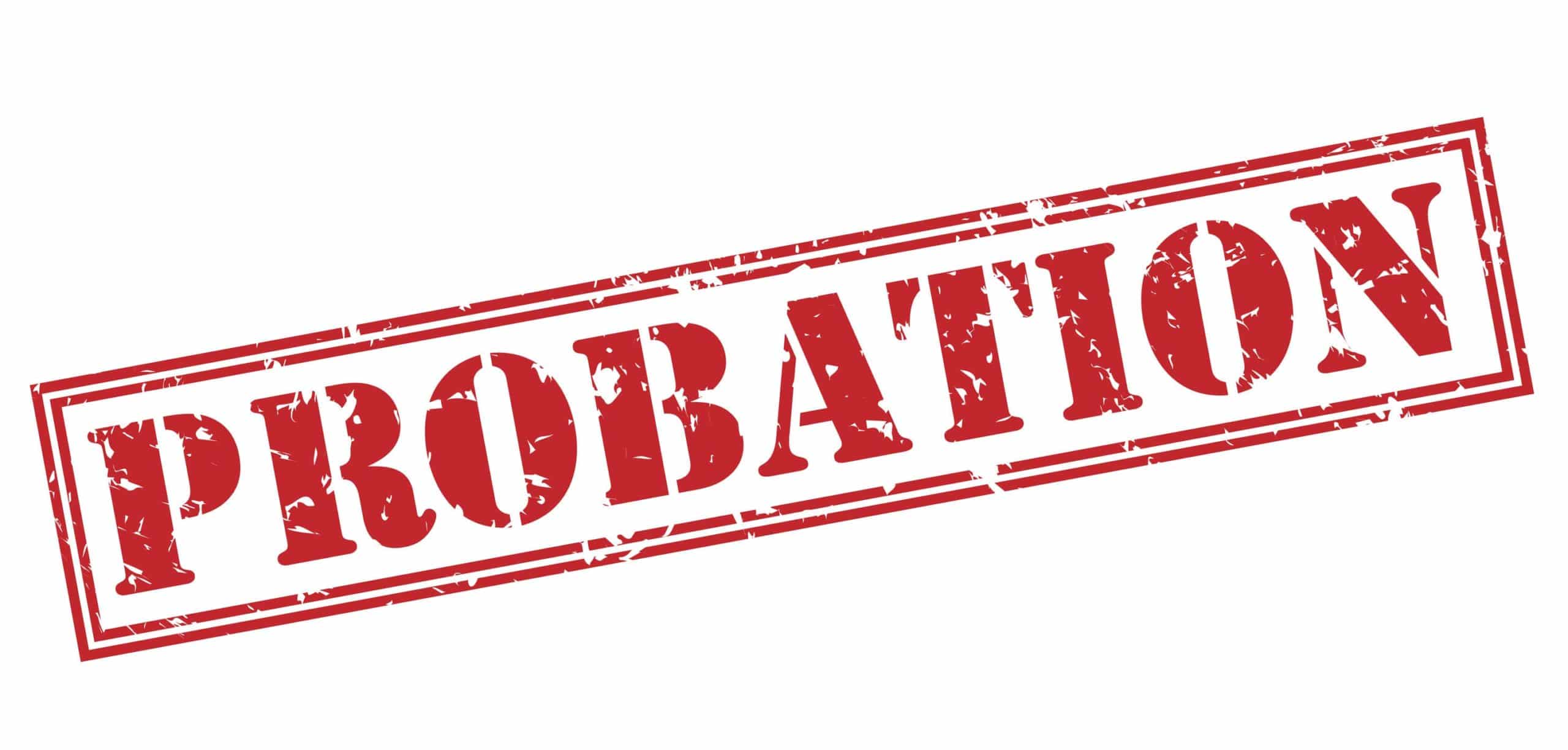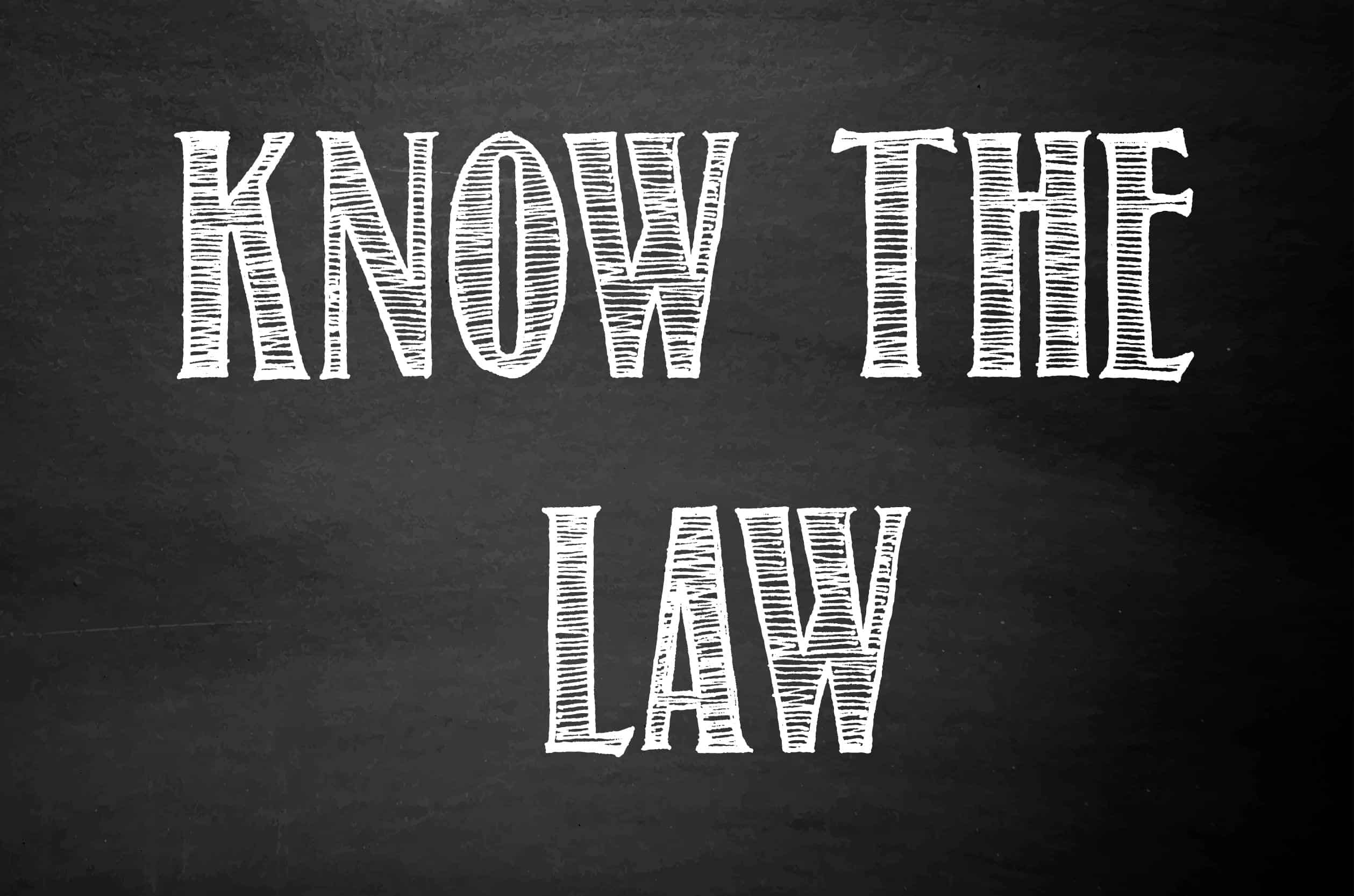- Home
- THE FIRM+
- Criminal Defense+
- CASE RESULTS
- AREAS WE SERVE+
- FAQ’s
- Blog
- Contact
AZHARI LLC BLOG

Posted By: Sami Azhari
Category:
Many Americans use the terms “probation” and “parole” interchangeably. However, there is a significant difference between the two.
Just in case you are ever in the situation, or you know somebody else who might be, it’s important to know what that difference is.
Illinois Probation
Probation is its own sentence, and it is the most common sentencing tool used. Interestingly, the probation population totals more than double the imprisoned population in the state.
The terms of someone’s probation can vary greatly. One key variation is the level of supervision a probationer will require. It depends largely on the conviction and how long it may take to meet the other terms of the person’s probation.
Conditions of Probation in Illinois
In general, probation requires being supervised in the community. It’s also usually accompanied by some form of community service. Additionally, the person on probation needs to show that they are employed, or actively seeking employment. They cannot use drugs or alcohol and must give up any firearms they own.
Conditions of probation also include not contacting any victims of their crime and usually adhering to a curfew. Mandatory drug testing, rehab, and counseling may also be part of the sentence.
Violating the Conditions of Your IL Probation
When someone violates their terms of probation, they are nearly always reported directly to the sentencing judge by their parole officer.
Depending on the violation(s) or other circumstances, the judge may revoke their probation sentence and instead order them to serve the full jail sentence time associated with the original crime, beginning immediately.
Illinois Parole
Unlike probation, parole is directly linked to jail time. Specifically, parole occurs when a person who was imprisoned is allowed to serve the remainder of their term under supervision in the community.
For example, if someone was sentenced to a class 3 felony charge of shoplifting, they might be given a prison sentence of two years. However, they could be granted parole after a certain amount of time if they are well-behaved in prison and the parole board thinks that early supervised release is appropriate.
Parole Compliance
The conditions of an individual’s parole are determined by the parole board. These conditions are then monitored by a parole officer.
Parole conditions are set with the intent of trying to integrate an individual back into society, rather than serving as a form of punishment, like probation. Because of this, the conditions can vary greatly, and will likely depend on the original crime that was committed by the parolee. Some of the most common parole conditions include:
- Making payments on any fines
- Staying in a halfway house
- Not traveling out of the state
- Not committing any new crimes
It can’t be stressed enough, however, that conditions of parole are very unique to each individual situation.
Violating the Conditions of Your IL Parole
Should they violate any of the conditions established by the parole board, the parolee can (and most likely will) be sent back to prison. Either parole or prison time must be served for the entirety of the original sentence.
Both probation and parole are ordered as a result of someone being found guilty of a crime. Probation is handed down at the time of sentencing, whereas parole is ordered after the initial jail sentence has already been handed down.
Although they sound the same and are frequently used interchangeably, it’s important to know the difference between parole and probation in Illinois.
About the Author
Sami Azhari has been working as a lawyer since 2007, after receiving his Juris Doctor from the Michigan State University College of Law. He has handled numerous state and federal cases, and is known throughout the Chicago and Rolling Meadows area for providing his clients with high-quality, skilled representation. He has been recognized by SuperLawyers, the National Trial Lawyers Association, and other notable organizations, and has spoken at a number of legal conferences.


























































